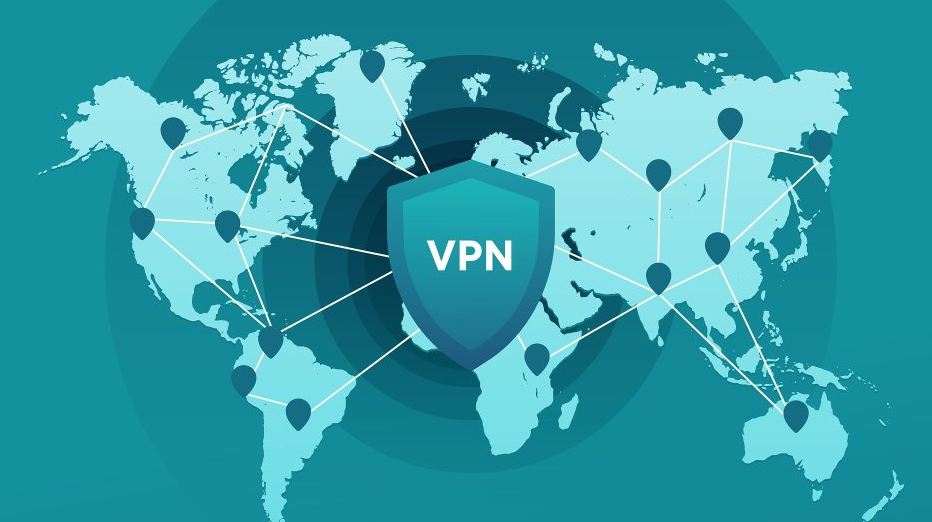PTA Hints At Blocking Unregistered VPNs In Pakistan
In a recent Senate committee meeting on IT and Telecom, the Pakistan Telecommunication Authority (PTA) hinted at the possibility of blocking unregistered Virtual Private Networks (VPNs) nationwide.
The Chairman of PTA mentioned that the authority has been receiving complaints regarding the use of VPNs, particularly for social media apps like TikTok, Meta (formerly Facebook), and X (formerly Twitter). He also disclosed that 20,500 individuals have registered their VPNs with the authority and that a campaign is underway to encourage registration.
The chairman warned that unregistered VPNs will be blocked in the future. Senator Humayun Mohmand raised a question about the policy against using VPNs as a member of the assembly, to which the chairman responded by stating that the authority is working to manage internet restrictions in Pakistan, similar to those in Dubai and China.
To ensure uninterrupted operations of businesses such as software houses, call centers, freelancers, and foreign missions, the Pakistan Telecommunication Authority (PTA) has initiated a one-window operation for whitelisting IP and VPN registration. The registration process is now available through a unified “one window” operation on the PTA and PSEB websites.
These efforts involve coordination between the Pakistan Telecommunication Authority (PTA), Ministry of Information Technology (MOIT), Pakistan Software Export Board (PSEB), and Pakistan Software Houses Association (P@SHA). Since 2020, over 20,000 IPs have been registered. This initiative aims to help businesses maintain secure and uninterrupted online operations. Organizations are encouraged to register their VPNs to ensure the security of their digital activities and streamline their operations. Businesses can visit the PTA’s website for a seamless registration process.
Firewall installation challenged
Hamid Mir, a senior journalist, filed a petition in the Islamabad High Court against the installation of a firewall and internet shutdown through his lawyer, Imaan Mazari. In the petition, he argued that the installation of the firewall caused a drastic drop in internet speed, which is detrimental to the youth who are the backbone of the digital economy.


Comments are closed, but trackbacks and pingbacks are open.